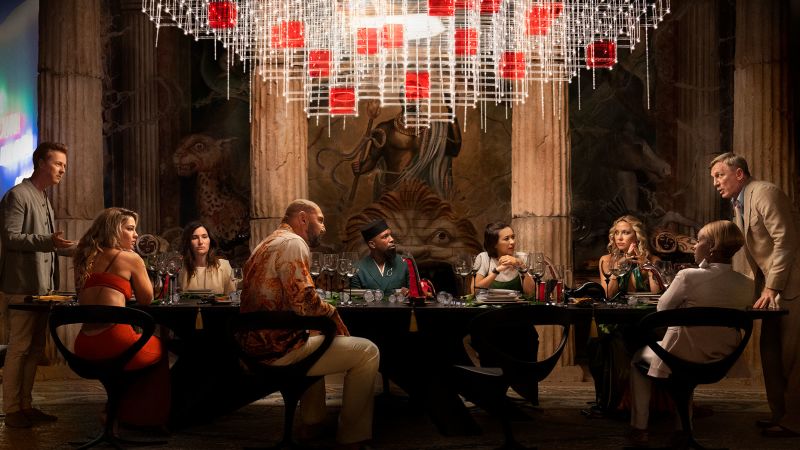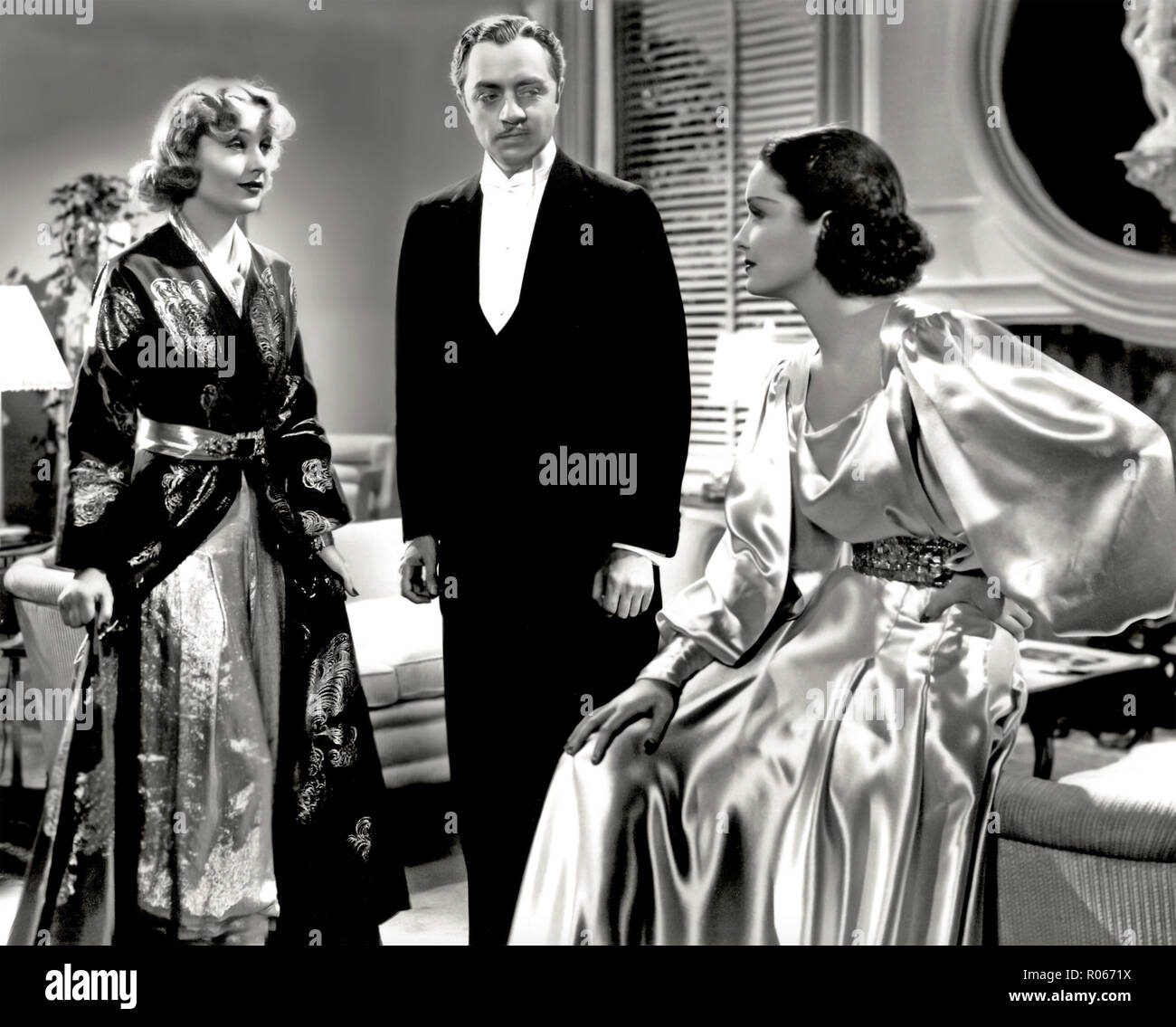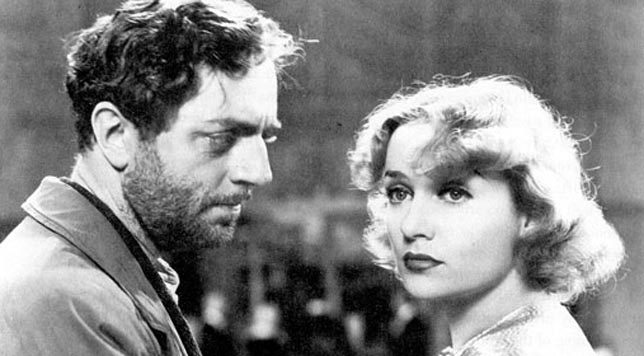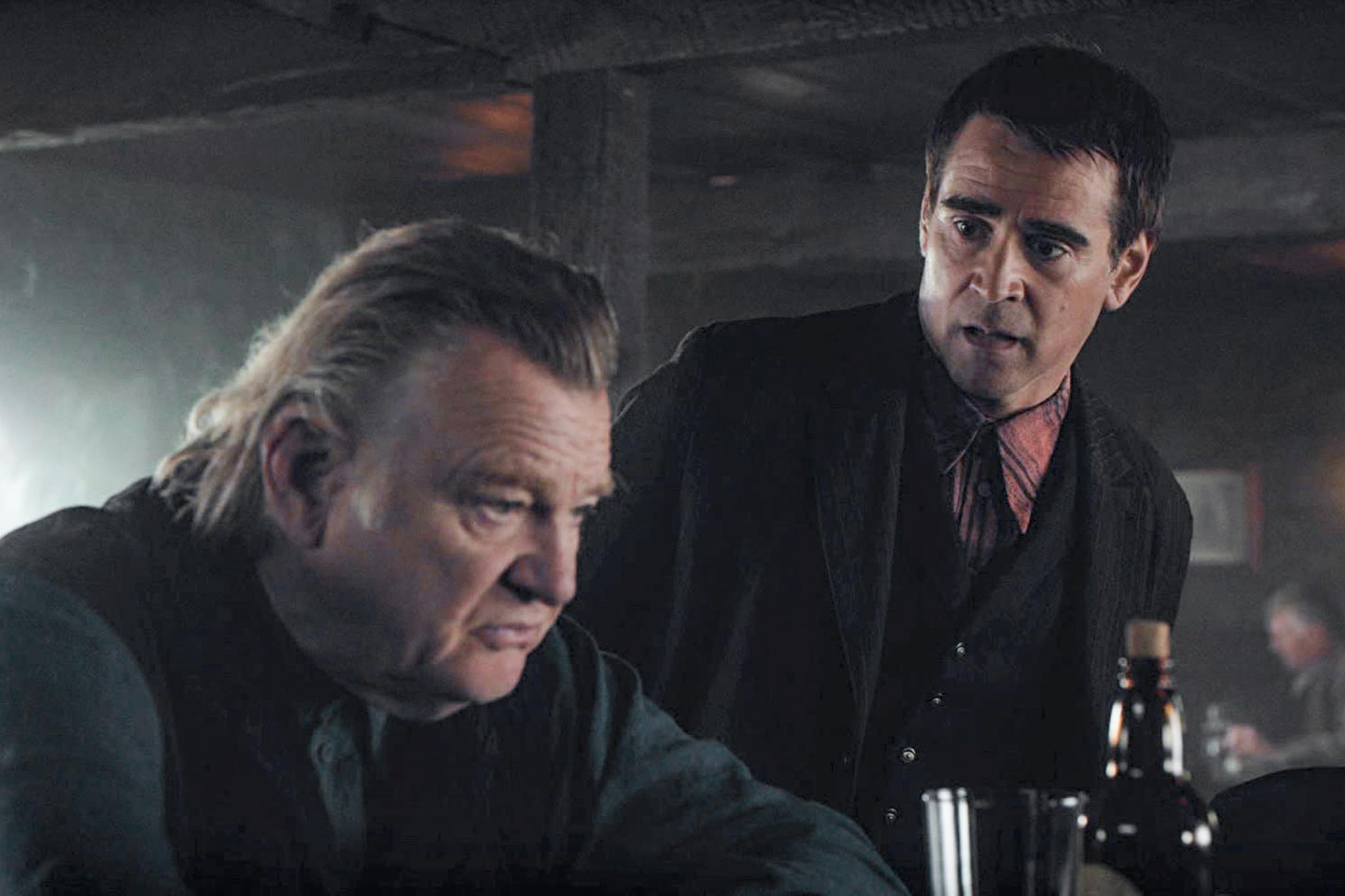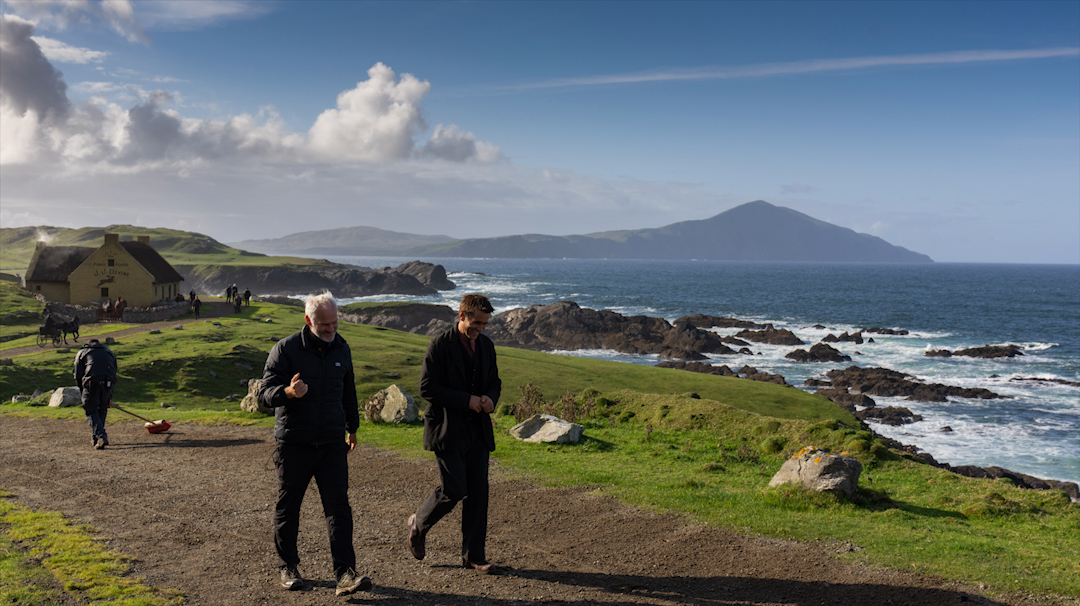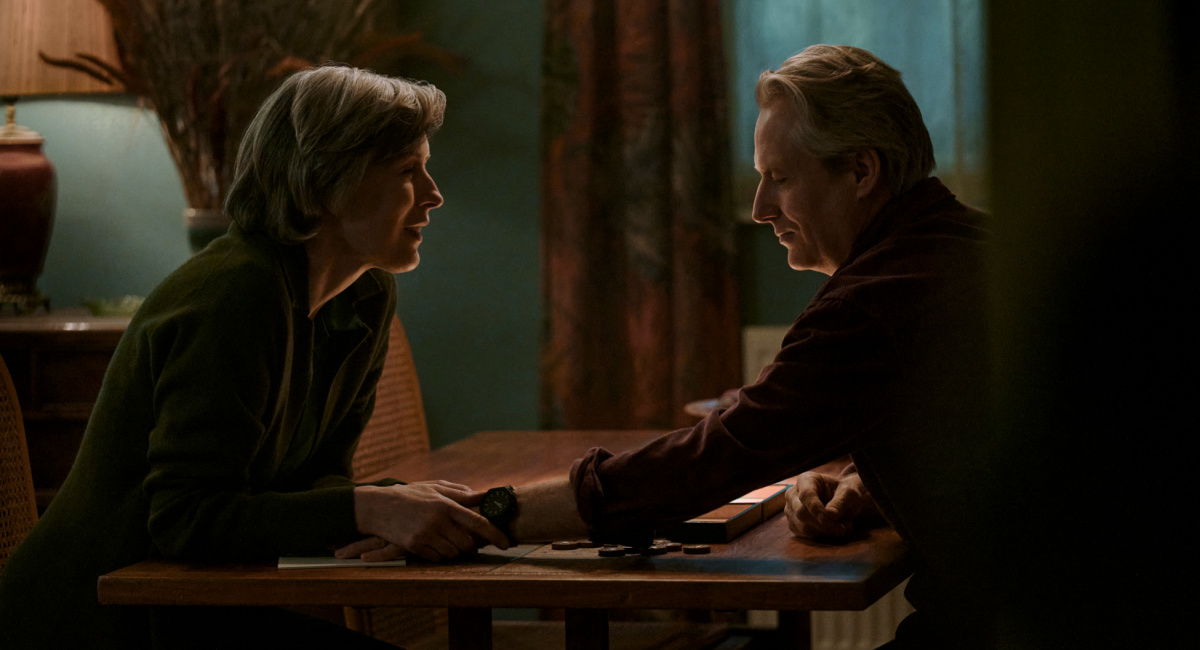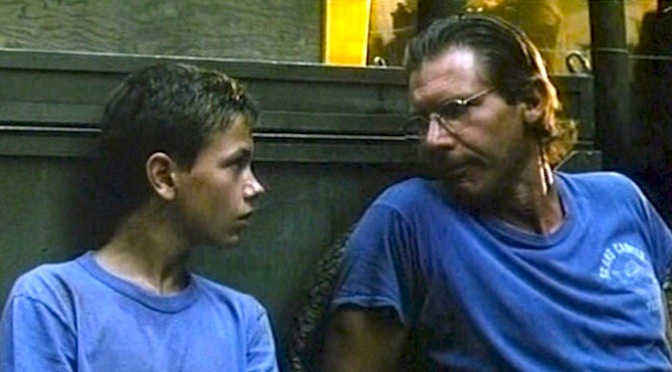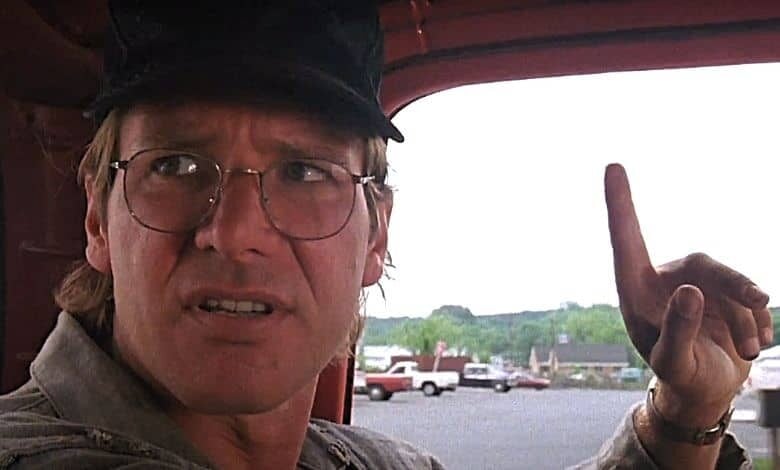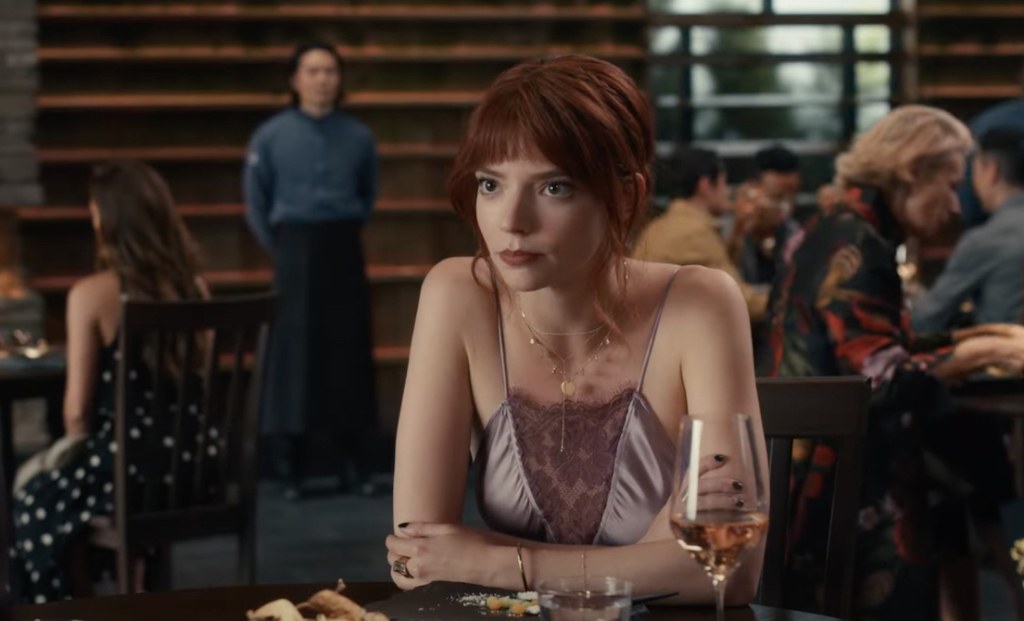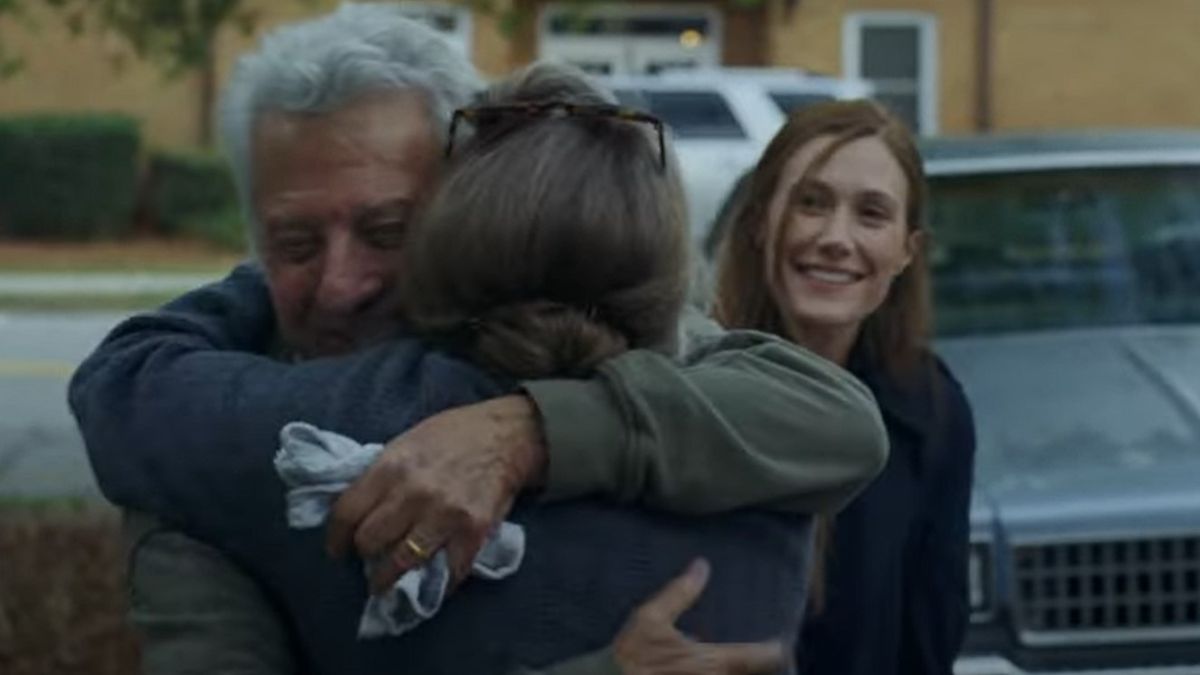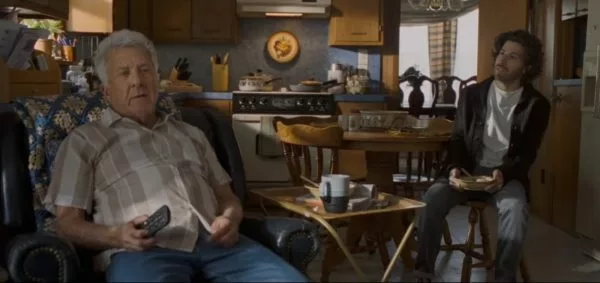Daddy Day Care
He must have really needed the money. It's the only reason I can think of that Eddie Murphy would sign onto a by-the-numbers comedy from 2003 called Daddy Day Care, which was much better when it was called Kindergarten Cop.

Murphy, Jeff Garlin, and Steve Zahn play a trio of employees from an advertising agency who get laid off and after futile attempts at getting another job decide to open up a day care center in Murphy's home. Things are going OK until they meet serious competition from Miss Harridan (Oscar winner Anjelica Huston) as the head of the most popular and expensive day care center in town who decides she has to put these guys out of business.

Geoff Rodkey's utterly predictable screenplay goes all the places we expect it to go. The initial few days of Daddy Day Care provide every attempt at overly cute humor with children that the viewer would expect from the premise. The kids are all the archetypes that one would expect from such a story. We have the kid who can't tear himself away from Mommy, the kid who shows up every day in a Flash costume, and a kid who is dealing with uncontrollable flatulence. The scene where this kid lets go and starts making all kinds of unfunny faces was just embarrassing.
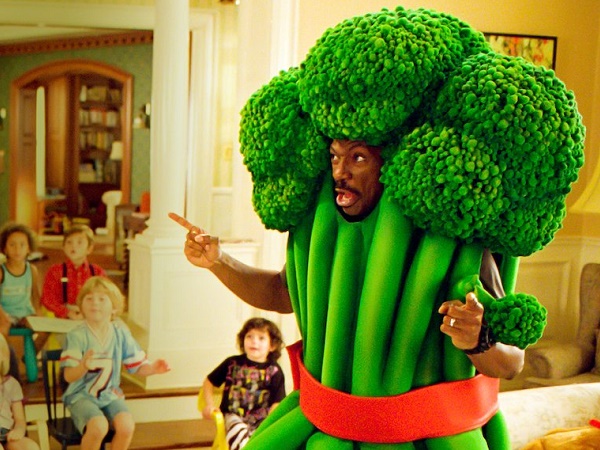
The most embarrassing part of this movie is Eddie Murphy's involvement. Something tells me that this film would never have been greenlighted without Murphy on board. Ironically, there is nothing in the role of Phil that seems tailored to Murphy's talents and as the film progressed, it was obvious that just about anyone could play this role and Murphy brought nothing special to it. This film was made at a time when Murphy was making one bad movie after another in search of another Beverly Hills Cop in order to re-ignite his career, but he chose the wrong vehicle here.
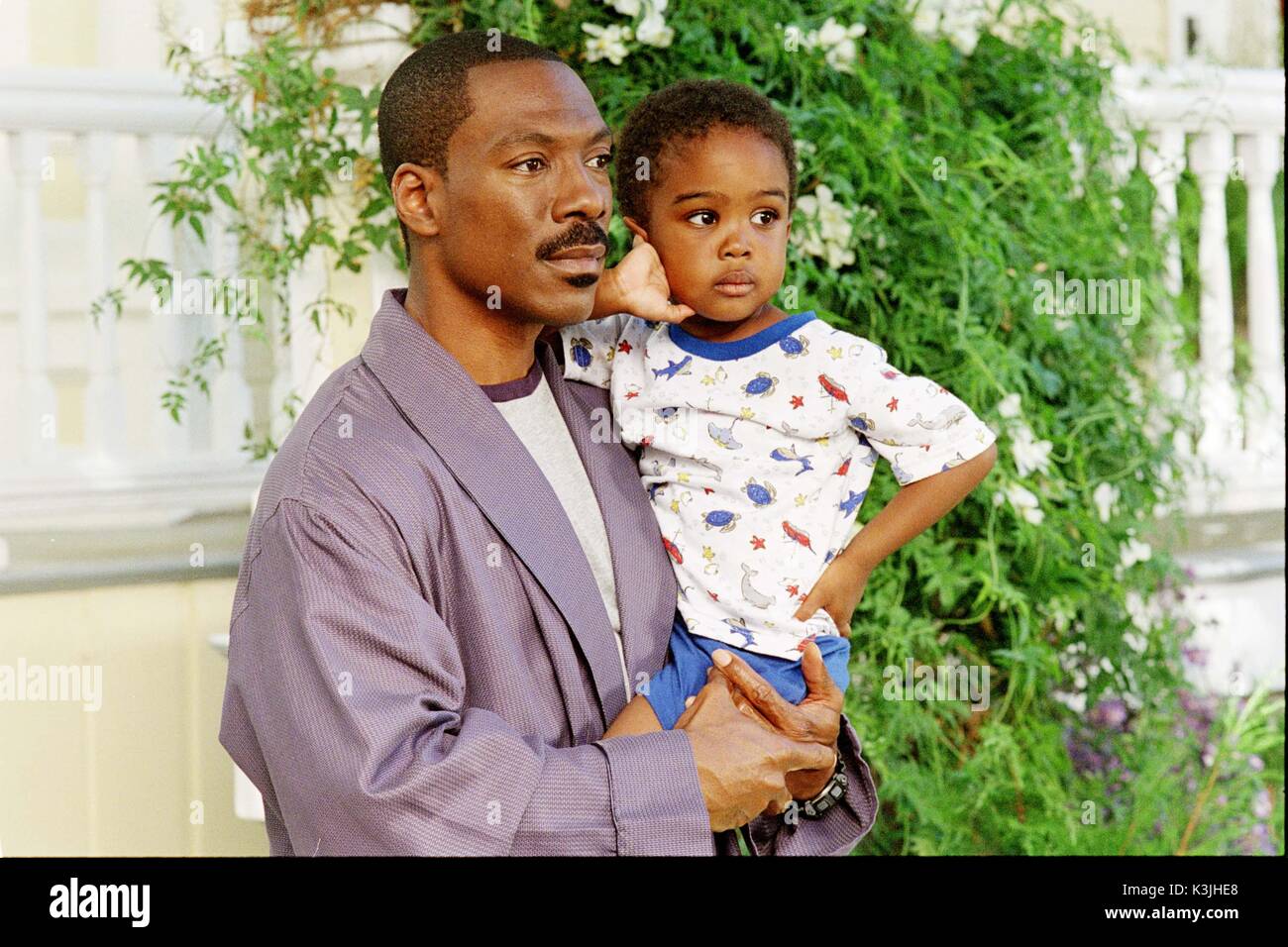
Director Steve Carr (Paul Blart: Mall Cop) allows this movie to move at a snail's pace and brings no imagination to his mounting of the story. Murphy and Garlin had no chemistry whatsoever, but Zahn and Huston stole every scene they were in. Also, if you look close, you'll notice that one of the kids in Daddy Day Care is a very young Elle Fanning and the kid in the Flash costume is Jimmy Bennett, who was Lindsey Lohan's romantic interest in Mean Girls. For hardcore Murphy fans only. Incredibly, followed by a sequel called Granddaddy Day Care.
He must have really needed the money. It's the only reason I can think of that Eddie Murphy would sign onto a by-the-numbers comedy from 2003 called Daddy Day Care, which was much better when it was called Kindergarten Cop.

Murphy, Jeff Garlin, and Steve Zahn play a trio of employees from an advertising agency who get laid off and after futile attempts at getting another job decide to open up a day care center in Murphy's home. Things are going OK until they meet serious competition from Miss Harridan (Oscar winner Anjelica Huston) as the head of the most popular and expensive day care center in town who decides she has to put these guys out of business.

Geoff Rodkey's utterly predictable screenplay goes all the places we expect it to go. The initial few days of Daddy Day Care provide every attempt at overly cute humor with children that the viewer would expect from the premise. The kids are all the archetypes that one would expect from such a story. We have the kid who can't tear himself away from Mommy, the kid who shows up every day in a Flash costume, and a kid who is dealing with uncontrollable flatulence. The scene where this kid lets go and starts making all kinds of unfunny faces was just embarrassing.

The most embarrassing part of this movie is Eddie Murphy's involvement. Something tells me that this film would never have been greenlighted without Murphy on board. Ironically, there is nothing in the role of Phil that seems tailored to Murphy's talents and as the film progressed, it was obvious that just about anyone could play this role and Murphy brought nothing special to it. This film was made at a time when Murphy was making one bad movie after another in search of another Beverly Hills Cop in order to re-ignite his career, but he chose the wrong vehicle here.

Director Steve Carr (Paul Blart: Mall Cop) allows this movie to move at a snail's pace and brings no imagination to his mounting of the story. Murphy and Garlin had no chemistry whatsoever, but Zahn and Huston stole every scene they were in. Also, if you look close, you'll notice that one of the kids in Daddy Day Care is a very young Elle Fanning and the kid in the Flash costume is Jimmy Bennett, who was Lindsey Lohan's romantic interest in Mean Girls. For hardcore Murphy fans only. Incredibly, followed by a sequel called Granddaddy Day Care.
Last edited by Gideon58; 12-29-23 at 10:06 PM.



